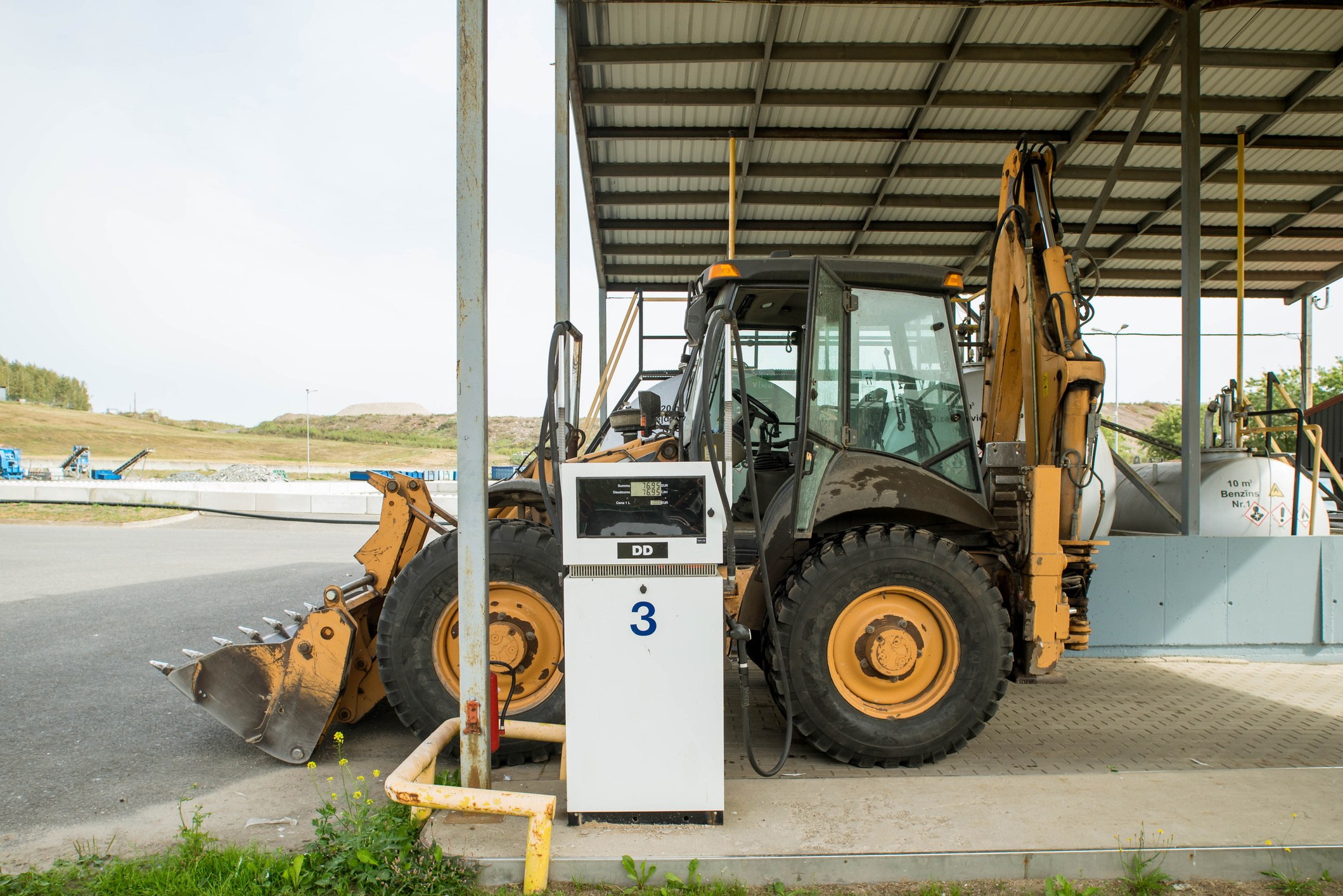“Borderline comical.” As members of the Kirkland City council consider banning plastic grocery bags, they should keep those words in mind.
They are the words of Dr. Christopher Reddy, Senior Scientist at Wood’s Hole Oceanographic Institute when he spoke against Rhode Island’s proposed ban on plastic bags. After listening to environmental activists pushing the ban, he made it clear their arguments – the same arguments we hear in Washington state – are simply unscientific.
Kirkland is the latest target of environmental activists advocating the symbolic step of banning plastic grocery bags. The science, however, is clear and Dr. Reddy is not the only ocean scientist expressing frustration at the unscientific claims used to justify a ban.
Oregon State University scientist Angel White has also been outspoken on the damage environmental activists are doing to science with these false claims.
A report from Kirkland city staff included a graphic showing a garbage patch covering much of the Pacific between Hawaii and Alaska. Their source? The caption under the graphic read “Vimeo,” an online video site similar to YouTube. This is like quoting “The Internet.”
Frustrated by such claims, Dr. White lamented that, “this kind of exaggeration undermines the credibility of scientists,” noting the amount garbage in the ocean is a tiny fraction of the size presented by the city staff. Additionally, Dr. Reddy noted that Wood’s Hole research, “has shown that the amount of plastics in the open ocean have dropped or at least stabilized over the last 10 years.” That decline comes despite the increased use of plastic grocery bags.
Indeed, environmental activists in Washington state admit they cannot point to any harm from plastic bags, turning instead to performance art to claim marine life has been harmed. Art trumps science.
Like environmentalists, politicians wave off these scientific warnings. They justify unscientific policies, claiming they are “precautionary.” Better safe than sorry, they rationalize.
A plastic bag ban, however, may actually increase damage to marine life.
When asked for the greatest threat to water, Dr. Reddy said the answer is clear: nitrogen in the water that removes oxygen and creates oceanic “dead zones,” often caused by fertilizer runoff. Alternatives to plastic bags contribute hugely to these dead zones.
The U.K. Environment Agency compared the environmental impacts of paper and reusable bags to plastic bags. The results are dramatic.
Reusable cotton bags, like those sold locally at PCC, contributed more than 300 times as much to ocean dead zones as plastic bags. Paper bags did better, but still had about 10 times as much impact on water quality as plastic bags. More reusable bags means more fertilizer runoff and more dead zones.
The results were the same with “global warming potential.” The same study found reusable cotton bags used more than 173 times as much energy as plastic bags. Paper bags, used eight times as much energy.
Additionally, plastic bags are often reused as trash liners or to pick up after pets. Environmental activists ignore this reuse, claiming plastic bags are rarely recycled. This is true, but it is difficult to recycle a plastic bag containing dog poop. The environmental mantra of “reduce, reuse, recycle,” has been cut down to only “recycle,” ignoring that plastic bags reduce resource use and about 70 percent of plastic bags are reused at least once.
This is not to say plastic bags have no impact. But alternatives are far more damaging to the environment, and wishing away the impact of reusable bags is not scientific or responsible.
In his testimony, Dr. Reddy said he hoped Rhode Island would be the first state “that almost passed a plastic bag ban and said ‘no, let’s stop,’ and do some really good research that is not hype.” That is good advice that I am afraid some Kirkland City Councilmembers will ignore.




